(ECNS) -- The biggest challenge of her six months in space was the closed environment's effect on her mental state, said taikonaut Wang Yaping, the first female to visit China's space station.
She spoke Wednesday at a side event of the United Nations and China Global Partnership Workshop on Space Exploration and Innovation.
"During the six months in space, when we saw through a video camera a tricycle or a passerby on a road, we would jump with joy, because we had been living away from Earth for so long," Wang said, adding that no matter how ordinary things are on Earth, they become a luxury in space.
The moment I left the cabin it seemed that I was in another world that was astonishingly beautiful, unexpectedly profound, unimaginably tranquil, Wang said.
"I deeply understood the connotation and extension of 'the human community with a shared future' during my flight missions, and that it is a common wish of people around the world to peacefully use space to benefit all," Wang added.
Looking forward, Wang believes space tourism is a good choice for commercial aerospace.
When more people enter space, humans will make breakthroughs in their understanding of Earth and themselves, which has profound significance to the continuous development of human civilization, she said.
Wang, together with her two male crew members Zhai Zhigang and Ye Guangfu, was sent to China's Tiangong space station aboard the Shenzhou-13 spaceship on Oct. 16, 2021 for a six-month stay – the longest ever in-orbit duration for taikonauts.
It was Wang's second trip into space, following her first from June 11 to 26 in 2013 on the Shenzhou-10 mission.
Wang is the first female taikonaut to work in China's Tiangong space station, and the first Chinese woman to perform an extravehicular activity in space.
Wang said that she wanted to inspire her daughter to go for her dreams.
Every child has once dreamed of reaching the stars in the sky, and the curiosity to explore the unknown world has always been an important driving force for human scientific and technological progress, Wang added.











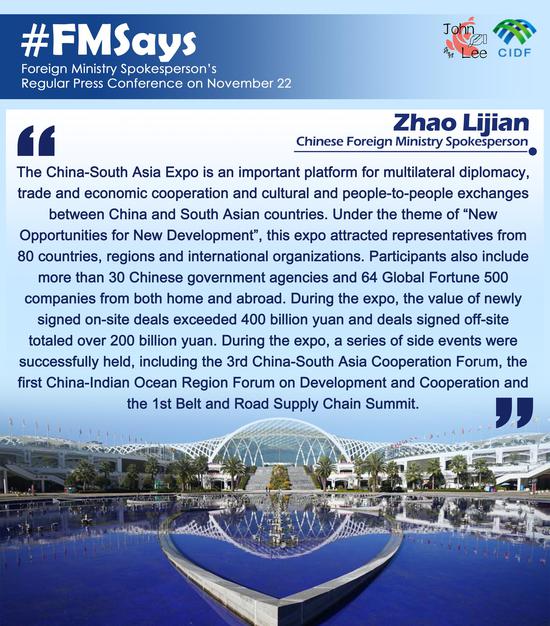
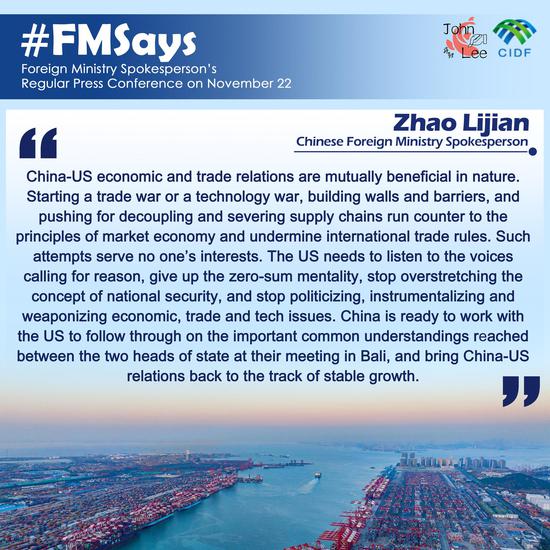
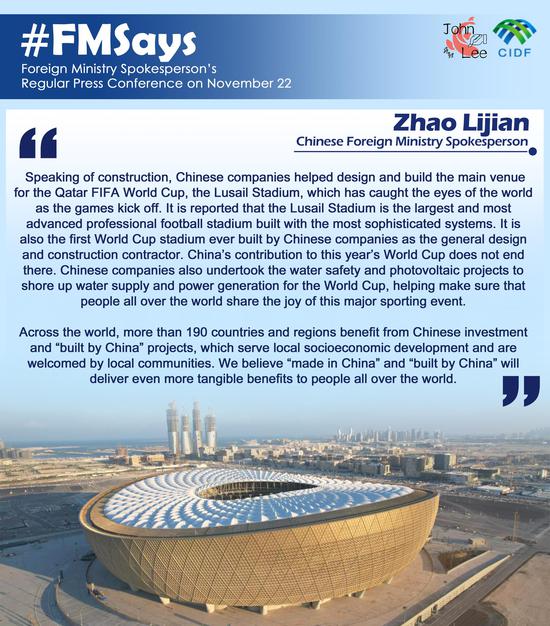


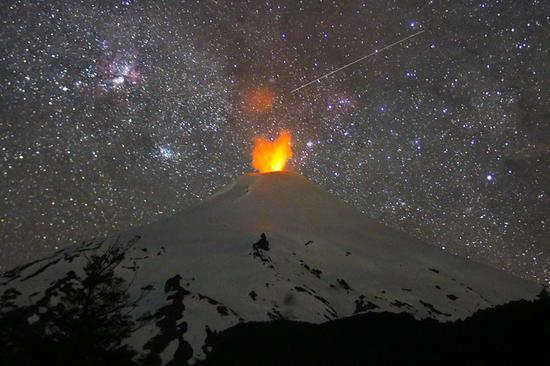
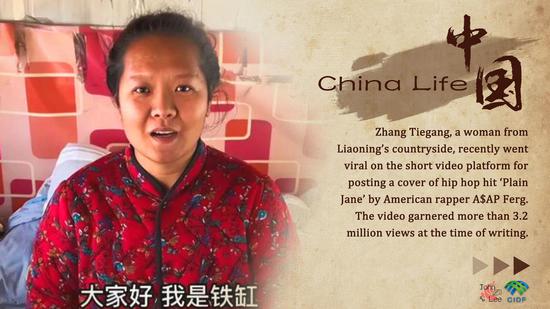
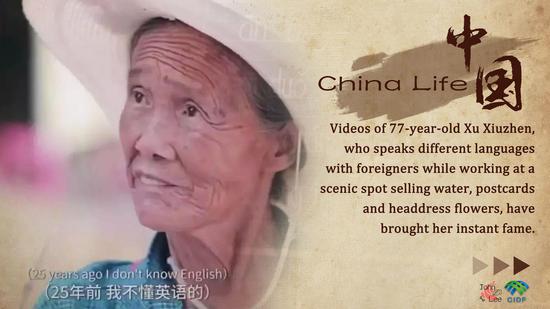






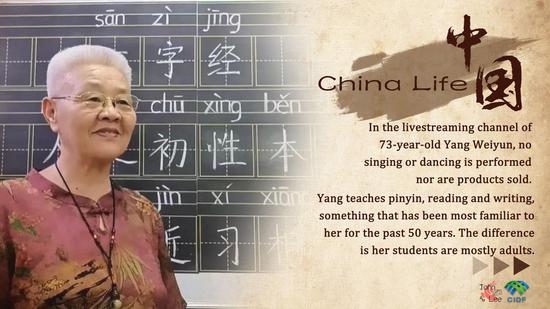



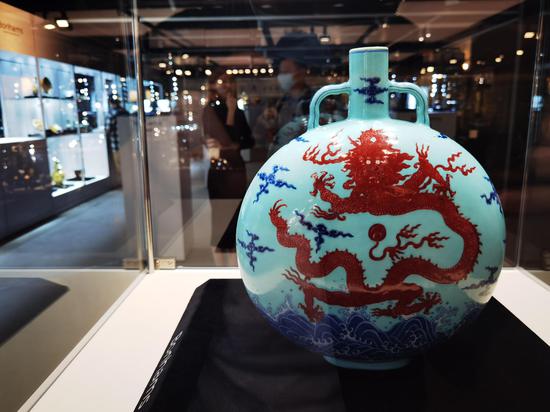
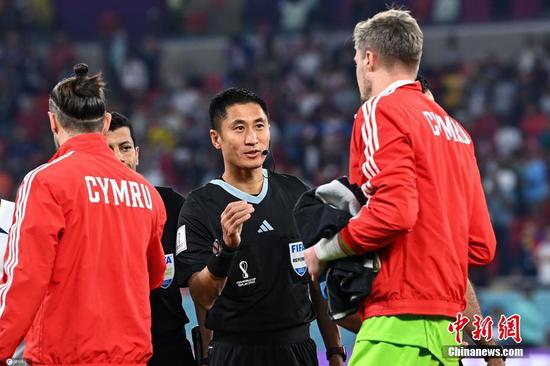
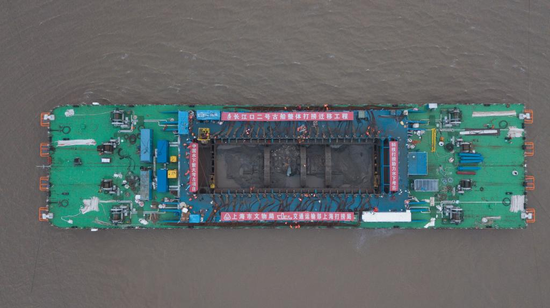
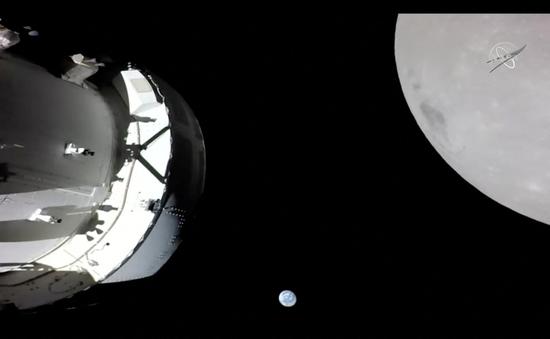
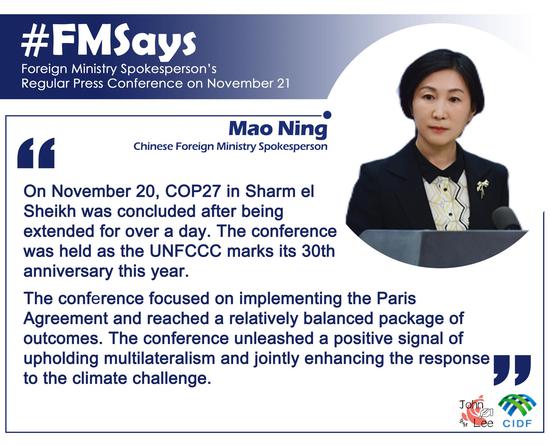


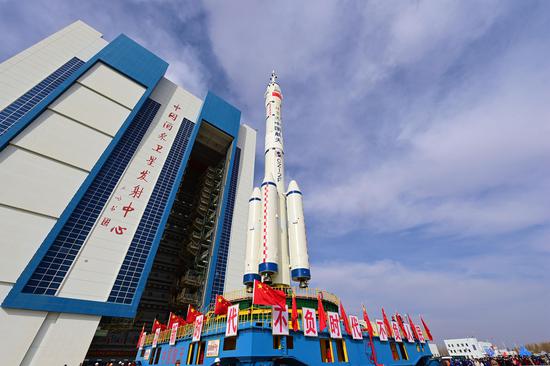





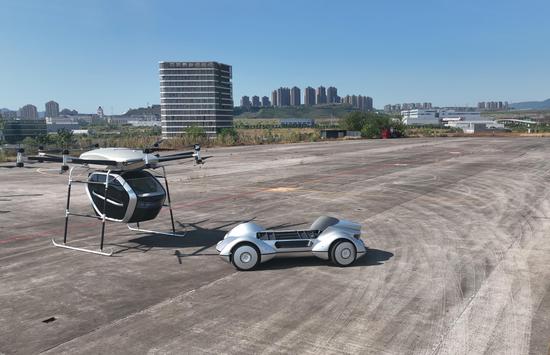
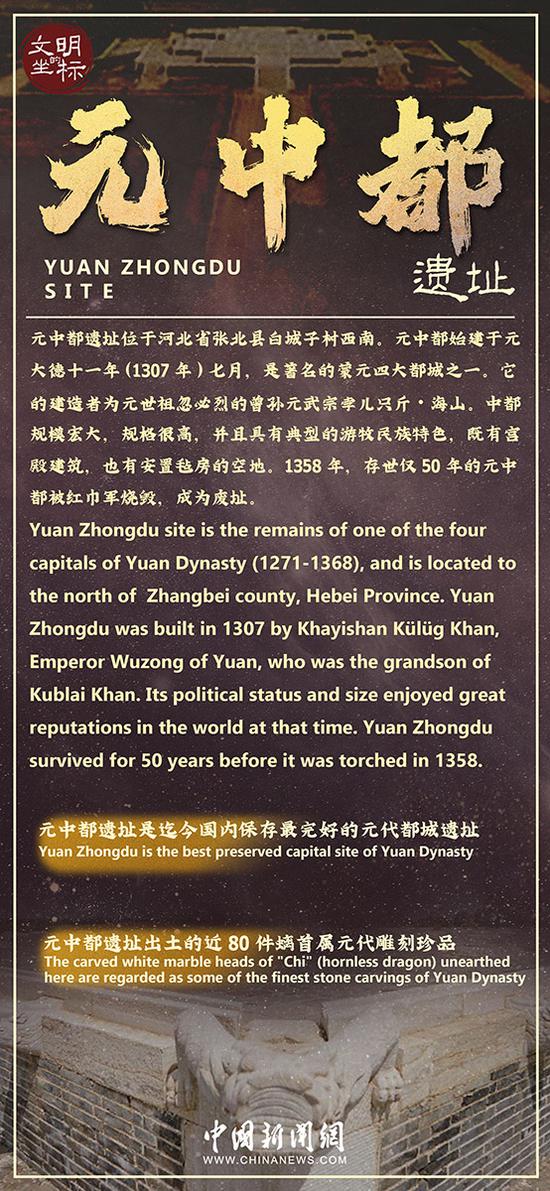
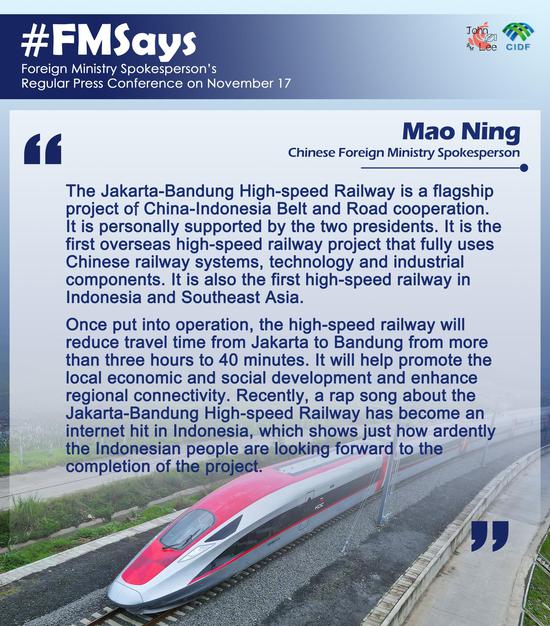





 京公网安备 11010202009201号
京公网安备 11010202009201号